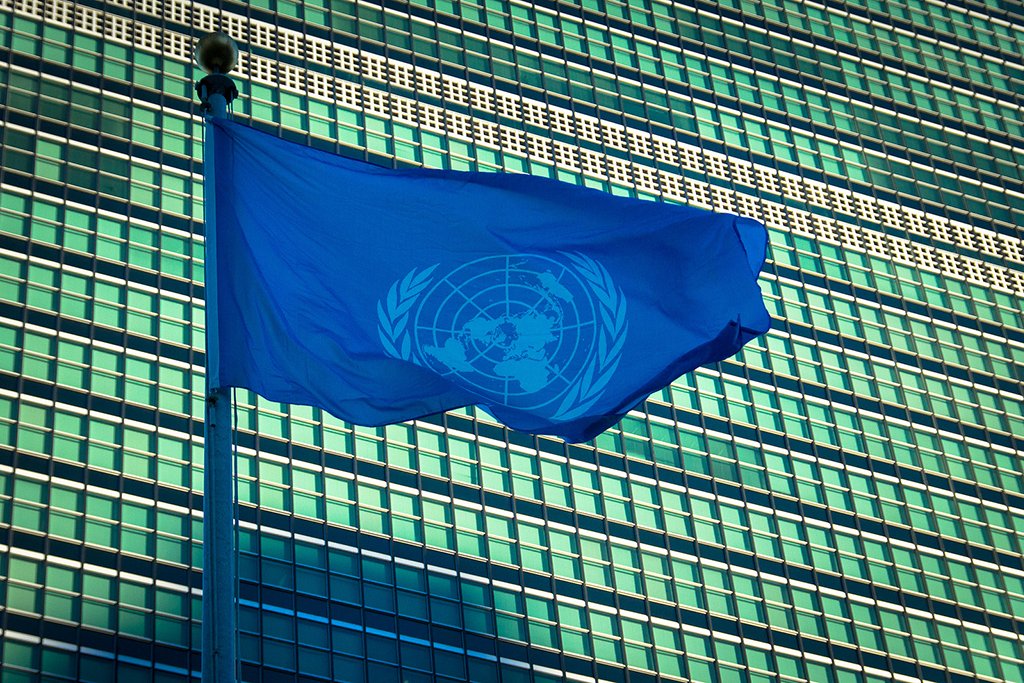
Darya is a crypto enthusiast who strongly believes in the future of blockchain. Being a hospitality professional, she is interested in finding the ways blockchain can change different industries and bring our life to a different level.
At the UN General Assembly, Malta Prime Minister Joseph Muscat delivered a speech devoted to blockchain and stated that cryptos will inevitably become the future of money.

Malta has gained a reputation of a crypto-friendly country and positions itself as ‘Blockchain Island’. As the country is actively encouraging crypto firms and takes part in the European Blockchain Partnership, many crypto companies have already moved their offices there, and some are considering blockchain use cases in the state’s government and corporate sectors. In September, Waves Platform, a decentralized blockchain platform focusing on custom blockchain tokens operations, started such a discussion with the Maltese government.
Malta Prime Minister Joseph Muscat is very enthusiastic about blockchain. Last week, he spoke at the 73rd session of the United Nations General Assembly held in New York City. Muscat stated that blockchain technology will inevitably make cryptos the future of money. He said:
“I passionately believe technology revolutionises and improves systems. Which is why, in Malta, we have launched ourselves as the Blockchain Island by being the first jurisdiction to regularise a new technology that previously existed in a legal vacuum.”
He added:
“Blockchain makes cryptocurrencies inevitable future of money. More transparent it helps filter good business from bad business.”
Muscat also noted that blockchain can do much more. In his speech, Malta’s Prime Minister explained that the local government is passionate about the potential of the blockchain and its ability to eliminate third party service providers to give users complete freedom over information and money.
“It can provide new solutions to healthcare systems where patients have real ownership of their medical records. Emissions trading systems can be taken to the next level. We can help verify that humanitarian assistance is reaching its intended destination. We can make sure that nobody is deprived of their legitimate property because of compromised data. Corporations will be able to become more accountable to their shareholders. States will need to move from hoarding information on citizens to regulating an environment where citizens trust the handling of their data.”
According to Joseph Muscat, there are of course some problems connected with transition to a digital economy. Many people around the world stick to “concepts that we have believed would stay with us forever”, such as the meaning of work, compensation for labor, and the government’s role in providing safety nets for citizens.
He also pointed out that some of the challenges will result from resistance of those who are afraid that the new emerging economy will lead to massive job losses and additional poverty.
However, there will be huge advantages for countries that will manage to adapt to the new digital age. Malta PM believes that “those who will be able to pair the digital economy with a new state, the digital state, will be best poised to have a futureproof society where change does not galvanise extremes, but provides for other decades of sensible, mainstream policymaking and prosperity.”

Darya is a crypto enthusiast who strongly believes in the future of blockchain. Being a hospitality professional, she is interested in finding the ways blockchain can change different industries and bring our life to a different level.




